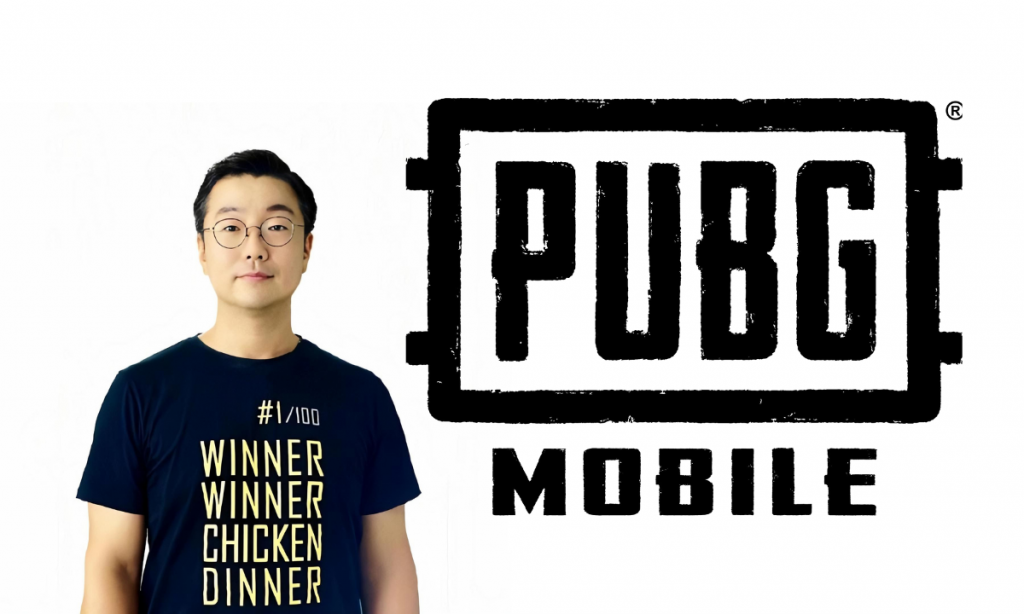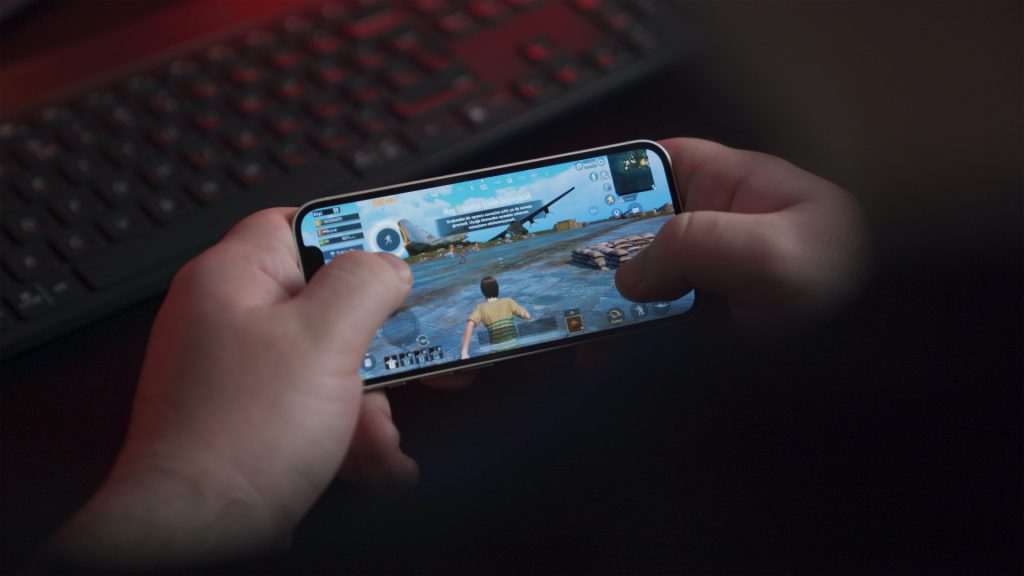PlayerUnknown’s Battlegrounds, or PUBG, is synonymous with battle royale. Responsible in large part for ushering in a new era for multiplayer games, PUBG is now tackling a different kind of challenge: growing its mobile version in the West.
It is no secret that competitive mobile games are much more popular in Asia than in Europe or the US, and bringing a game that is already successful in Asia to a Western audience is a challenge in itself. In September, Esports Insider sat down with James Yang, Director of PUBG Mobile, to discuss PUBG esports and plans for the game’s growth.

RELATED: PUBG Mobile unveils $3m charity tournament
Yang told Esports Insider about the importance of PUBG’s new regional pro leagues. “We started pro leagues such as North America, LATAM, Brazil, Turkey, CIS, and Western Europe, and the audience acceptance and viewership performance has exceeded our expectations so far. Our recent PMWI 2021 [PUBG Mobile World Invitational] tournament reached a peak concurrent Western viewership of over 400,000 viewers, which represents an 800 percent increase compared to the PMWL 2020 [PUBG Mobile World League] West last year.”
Yang added that the second most-watched language in PMWI 2021 was English, with an audience share of 32.7 percent. In contrast, last year’s PMGC had only 8.3 percent of viewers watching in English. This fast growth, Yang argued, is a symptom of audiences becoming more open towards mobile esports, and mobile gaming in general.
Spearheading the mobile esports push
PUBG Mobile is one of the titles spearheading the push for mobile games into the West. Yang said that old, skeptical perceptions of mobile esports still rule much of Europe and North America — but there’s definitely progress being made. To make mobile games more appealing, key players are delivering bigger and better tournaments with ever-increasing prize pools.
The same is true for PUBG Mobile, Yang said. “This year’s PMGC 2021 rewards the best teams with a $6m (~£4.5m) prize pool – an amount that is one of the biggest in esports. We will continue to show that mobile esports is as big as PC esports, and as entertaining and fun to watch as sports.”
The steady pace with which mobile games are growing has coincided with more questions being raised regarding whether a mobile game can be a ‘real esport’. Yang said that, in his opinion, PUBG Mobile isn’t very far from being a top-tier game. However, there’s still a lot of work to be done if we’re ever going to see PUBG Mobile the same way as League of Legends or Dota 2.
Yang explained: “We still have to influence the industry stronger and gain further trust for a longer duration in the ecosystem. We also need to further catch the attention of all audiences and increase the popularity in the Western hemisphere. If we continue our steady growth and walk down the right path, we might be able to claim our spot as a Tier 1 esport earlier than people might think.”
For PUBG Mobile, becoming a top-tier esport is a mission, Yang explained, although he remained secretive about the exact steps the company will take to make it there.

Dropping the ‘mobile’ from ‘mobile esports’
In the same way PUBG Mobile helps improve the general perception of mobile esports and accelerates its growth, the increasing popularity of mobile games, in general, helps grow PUBG Mobile as well. This is not the time to ask questions about how the pie is being divided, but rather a time to work on making the pie bigger, Yang argued. This, of course, means that the game developers themselves need to work together in making the entire mobile esports sector available for a wider audience.
Yang added: “I am excited to see more and more mobile esports titles joining the ecosystem. It will ultimately lead to an increased size of the mobile esports business, as well as healthy competition. We won’t stand still in our current position, instead, we will try to grow even faster by building an even larger esports ecosystem on top of what we already have established so far.

RELATED: PUBG MOBILE National Championship set to debut in UK
“My hope is that soon we won’t need to mention ‘Mobile’ in front of ‘Esports’ anymore.”
There is no doubt that mobile will continue to play a very important part in more and more brands’ esports strategies, and the numbers are already showing growth in audiences for mobile games in the West.
Although Western markets remain focused on PC and console esports, mobile gaming is slowly but steadily making its way onto the streams and into the handsets of thousands of gamers across the globe. Being mobile brings its own set of merits, and it may only be a matter of time before audiences in Europe and USA are bitten by the mobile esport bug.
Subscribe to ESI on YouTube

